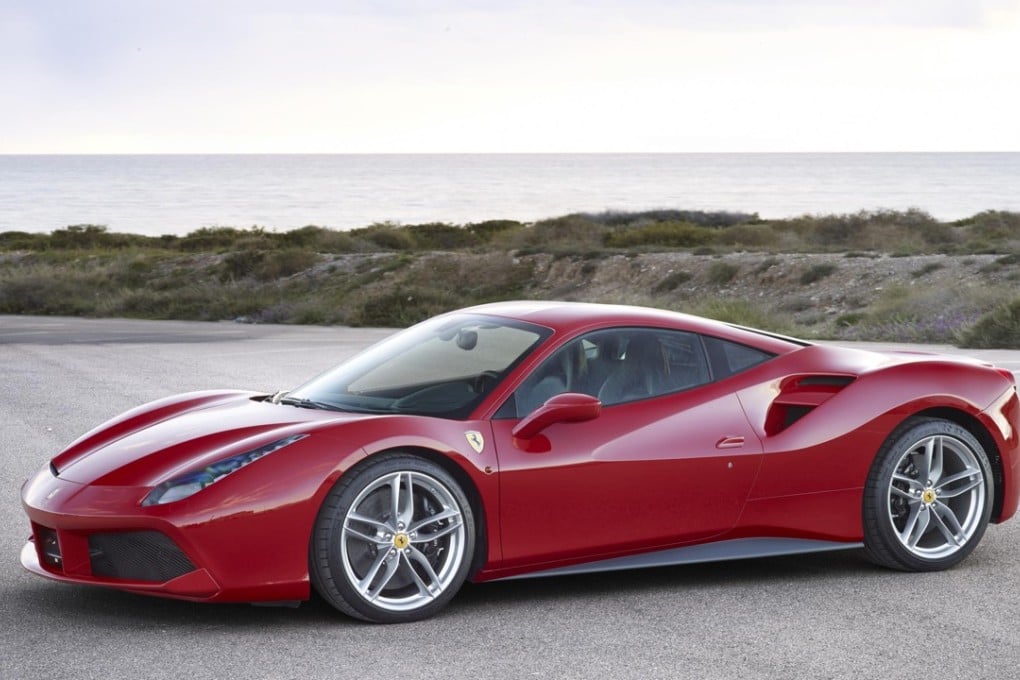This Chinese man drove his son to school in a Ferrari, and all hell broke loose
Father told to drive a different car then thrown out of parents’ WeChat group, prompting debate about flaunting wealth and instilling values in children

A father in eastern China who dropped his son off at school in a Ferrari is facing a social boycott for showing off wealth and has been removed from the class WeChat group after refusing to use a less expensive car, local media has reported.
The man, surnamed Li, is the father of a junior school pupil in Hangzhou in Zhejiang province, and is a senior executive in an unidentified property development company, earning more than 4 million yuan (US$578,000) a year and driving a Ferrari 488, according to the City Express, a newspaper in Hangzhou.
Chat records show Li was told by a teacher that some parents had complained in the class group in messaging app WeChat about him driving the sports car to school. The teacher said it would lead to unhealthy comparisons in class that were not conducive to developing fellowship among pupils.
Many parents backed the teacher and suggested Li change car for taking his son to school.
“It’s not proper. You should not show off, no matter how rich you are,” said one parent.